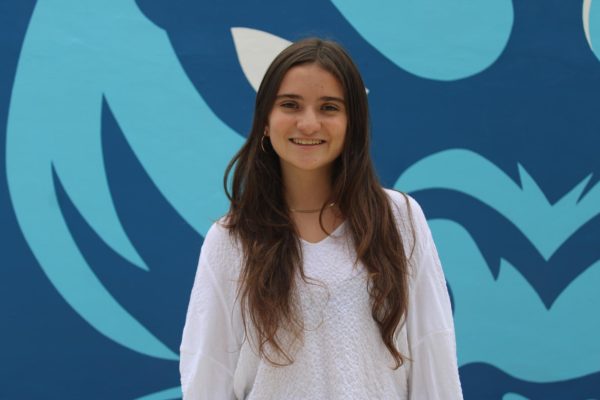Siguiendo el Sueño: Copa Libertadores 2023 Kicks Off
April 8, 2023
Organized by the South American Football Confederation (Confederación Sudamericana de Fútbol – CONMEBOL) — the Copa Libertadores has served as the annual pinnacle South American club football tournament since 1960.
The Spanish word “Libertador” meaning “liberator” in English, refers to the Latin American leaders in independence wars, with commentators and journalists frequently using the term “sueño libertador” (liberator’s dream) when referencing those teams with aspirations of winning the cup.
“The Libertadores is a tournament consisting of the best teams in South America similar to the Champions League in Europe. You can qualify by getting a high enough placement in each respective domestic league in the previous season, ” Miami Palmetto Senior High freshman and Brazilian football enthusiast Patrick Mizrahi said.
The tournament consists of 47 clubs from 10 associations that compete over a six-to-eight-month basis and follow a three-stage format: a first, a second and a knockout stage. Countries represented in this year’s cup include Argentina, Bolivia, Brazil, Chile, Colombia, Ecuador, Paraguay, Peru, Uruguay and Venezuela.
Winners of this year’s tournament will secure a position in the 2024 Copa Libertadores group stage, as well as an automatic qualification for the 2025 FIFA Club World Cup. Brazil has made their mark on the tournament, with two of their teams, Flamengo and Palmeiras, defending the championship for four consecutive years. Flamengo won last year’s cup, Palmeiras won in 2021 and 2022, and Flamengo again in 2019.
With the first group stage matchday commencing on April 4, the match between Independiente Medellín (Colombia) vs. Internacional (Brazil) and the Alianza Lima (Peru) vs. Atlético Paranaense (Brazil) matchup ended in draws — 0:0 and 1:1 respectively. Argentinos Juniors (Argentina) defeated Independiente del Valle (Ecuador) 1:0, The Strongest (Bolivia) defeated River Plate (Argentina) 3:1 and Nacional (Uruguay) defeated Metropolitanos (Venezuela) 2:1.
On April 5, Aucas (Ecuador) defeated Flamengo (Brazil) 2:1, Atlético Nacional (Colombia) defeated Patronato (Argentina) 2:1, Correo Porteño (Paraguay) defeated Barcelona (Ecuador) 2:1, Racing Club (Argentina) defeated Ñublense (Brazil) 2:0, Fluminense (Brazil) defeated Sporting Cristal (Peru) 3:1 and Bolívar (Bolivia) defeated Palmeiras (Brazil) 3:1. Deportivo Pereira (Colombia) vs. Colo-Colo (Chile) ended in a 1:1 draw.
Matchday three of six, on April 6, consisted of Corinthians (Brazil) defeating Liverpool (Uruguay) 3:0, Libertad (Paraguay) defeating Atlético Mineiro (Brazil) 1:0, Monagas (Venezuela) tying with Boca Juniors (Argentina) 0:0 and Melgar (Peru) tying 1:1 with Olimpia (Paraguay).
The 2023 Copa Libertadores’ final match will take place on Nov. 11 in the Maracanã Stadium in Rio de Janeiro, Brazil. Mizrahi notes his pride in seeing his club, Fluminense, compete against local rivals for the cup.
“Fluminense is a first-division Brazilian team centered in Rio De Janeiro. It was founded [in] 1902, making it one of the oldest Brazilian clubs. So much so that when they play Botafogo — another really old team — they call it the Classico Vovo, or Grandpa Derby. They’re a highly decorated team, they last won the Brazilian league in the 2021-2022 season and their fiercest rivals are Flamengo, another Club in Rio, and their derby is called FlaFlu. They play in Maracanã Stadium, considered to be one of the best stadiums in the world, hosting the 2014 World Cup Finals and the 2016 Olympic Finals, among other big tournaments,” Mizrahi said. “[It’s important to watch these games] because it’s a beautiful game that’s been part of the Latino culture for generations.”







